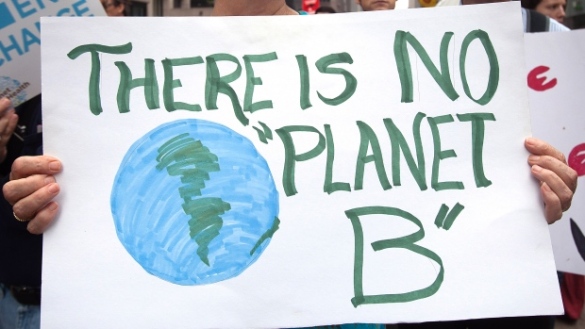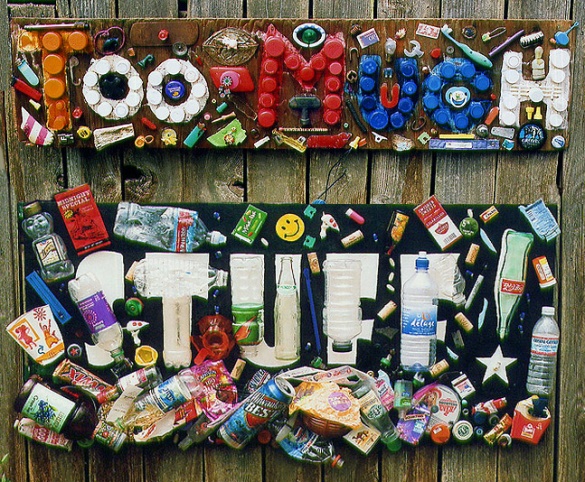This semester was really challenging for me. I switched my major to Environmental Studies at the beginning of summer semester so this semester I needed to be in some pretty intense classes to catch up with the program. On top of that I went from being an almost entirely online student to a daily commuter to campus from Kentucky. So needless to say, I am really looking forward to our winter break!
I am really glad I made the decision to take this course because I learned a surprising amount of information about things that are extremely relevant to my present and future. Learning about how zip codes dictate our health, how the consumerist cycle is wrecking our lives and our planet, and how greenwashing has tricked us into buying into the system without even realizing it has all taught me to see things differently, and to be more self-aware of my choices on a daily basis.
Being in this class has really had a positive impact on my semester too. I actually looked forward to coming to lecture every week! Also this class forced me to watch Before the Flood, which I actually avoided watching when it came out because I didn’t want to be depressed. I’m really glad to have seen it because as depressing as climate change is, some of the information actually gave me hope. Hearing that Obama changed his mind about same-sex marriage because thats what the people demanded, makes me think maybe the outlook on climate change in our government can be the same way, someday. The scientist in the last scene gave me hope as well. If he can be optimistic, so can I.




